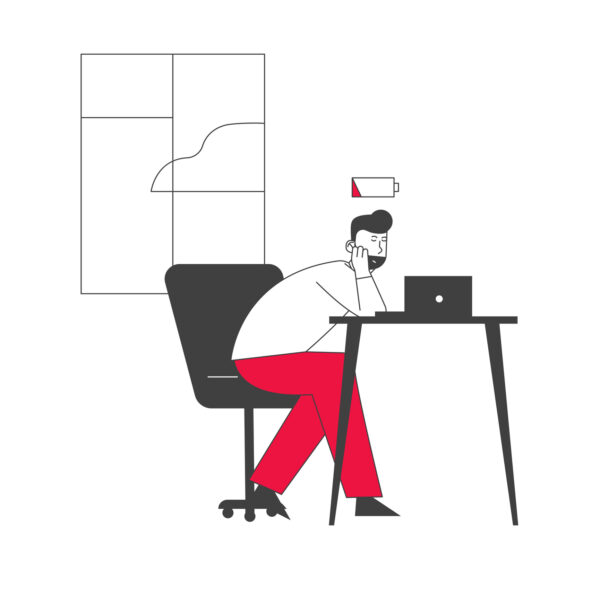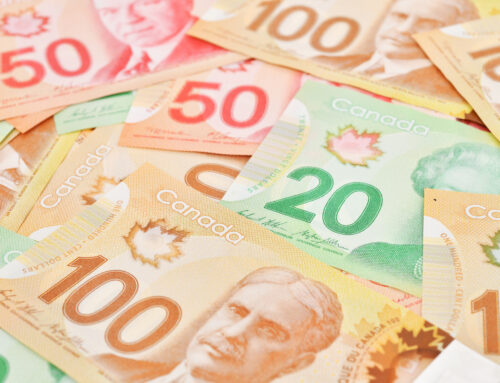Is Work the Problem?
Shawnee Love • January 29, 2024
In HR, it is common to receive reports on the escalating costs of mental health issues via lost productivity and absences as well as increased health care costs. However, it is a fairly recent phenomenon (last few years or so) that these alarming reports have argued work, the work environment, and financial woes (attributable to work) are the problem when it comes to mental health.
While there is no question that employers can help support their people’s mental wellness (more on that here), and things at work can certainly act as a tipping point for employees towards mental unwellness, but is work really the source of mental health problems? To be clear, I am wondering about “normal” work, not jobs with extreme circumstances such as first on scene responders, or workplaces where terrible incidents have occurred such as employees held at gunpoint or shot. These types of extreme incidents and circumstances certainly contribute to mental health injuries. However, I am resistant to the idea that work is to blame for the current mental health crises afflicting North America for people in average, everyday jobs (think sales reps, truck drivers, accountants, digital marketing specialists, hr specialists, manufacturing technicians, carpenter, customer service reps, chefs, mechanics, bartenders, dancers, teachers, etc.)
What I am curious about is how this sentiment arose? While tasks, tools, and tactics change and new job types are created (and become obsolete), work as a concept that you receive pay in return for your time, effort, and mental and physical contributions hasn’t changed that much in the last 100 years.
I have some thoughts, I’d like to share.
- Covid burned many people out, particularly leaders and managers who had to overstretch themselves to support staff and navigate their organizations through the confusing tangle of directions and opinions.
- Working remotely creates disconnect between colleagues and reduces the sense of belonging people got from their workplaces. Work wives and work husbands are fewer and farther between as are going out for lunch, coffee, and/or after work tapas with coworkers.
I also believe there is a societal shift going on. As Harari argued in his book, Homo Deus, people are now central in their own stories and much more self-interested than ever before. This translates to “I want what makes me happy” even if it isn’t best for the others in the team or the organization or society as a whole. Not only can this self-interest create conflict at work, but it can translate into people leaving as soon as the shine wears off (which I believe somewhat explains the trend towards shorter tenures lately).
The problem is, if everyone is job hopping or complaining about how our needs aren’t being met by work, we become disconnected and less likely to listen to and/or care about others. However, connection and belonging supports wellness. I am hugely oversimplifying of course, but what if part of the reason for so much more mental unwellness isn’t actual work, but the fact that people’s expectations of work aren’t being met.
Thoughts?





